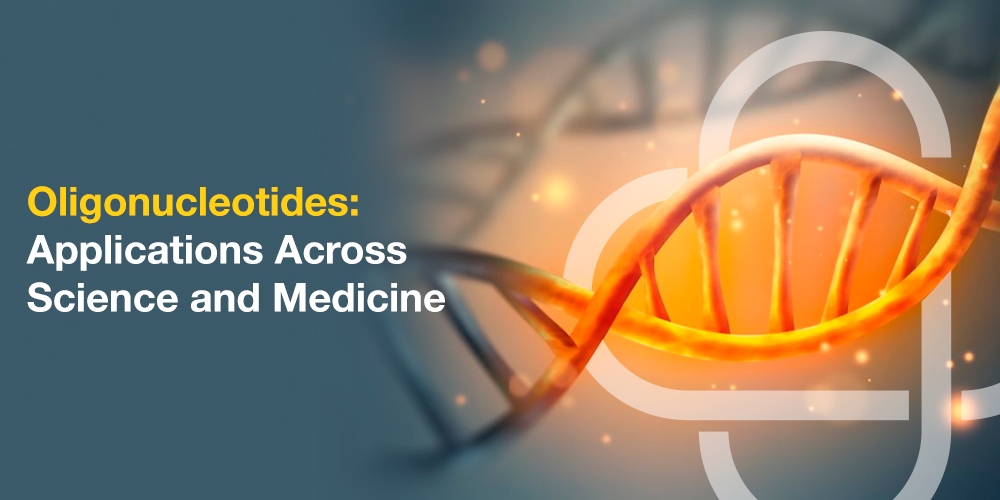Oligonucleotides, often referred to as “oligos,” are short sequences of nucleotides, the building blocks of DNA and RNA. These tiny molecules play a pivotal role in various scientific and medical fields, revolutionizing the way we understand and manipulate genetic information.
In this article, we’ll explore the diverse applications of oligonucleotides in molecular biology, gene therapy, drug development, diagnostics, and more.
1. Oligonucleotides in Molecular Biology
Oligonucleotides are the workhorses of molecular biology techniques. They are used in:
- Polymerase Chain Reaction (PCR): Oligos serve as primers, enabling the amplification of specific DNA segments.
- DNA Sequencing: Short oligos are used in Sanger sequencing and next-generation sequencing to determine the order of nucleotides in a DNA strand.
- Gene Expression Analysis: Microarray and RNA-seq technologies rely on oligos to detect and quantify gene expression levels.
2. Oligonucleotides in Gene Therapy
Gene therapy holds promise for treating genetic diseases. Oligonucleotides are used for:
- Antisense Oligonucleotides (ASOs): These are designed to target and modulate the expression of specific genes, offering hope for conditions like muscular dystrophy.
- CRISPR-Cas9 Delivery: Oligos facilitate the delivery of CRISPR-Cas9 components to edit or correct genetic mutations.
3. Oligonucleotides in Drug Development
Oligonucleotides are vital in drug development, particularly for:
- Therapeutic Drug Design: Custom oligos are designed to interact with specific gene targets, aiding in the development of precision medicines.
- Personalized Medicine: Oligonucleotides play a role in tailoring treatments to individual genetic profiles.
4. Diagnostic Applications of Oligonucleotides
Oligos are employed in diagnostics:
- DNA Probes: Oligonucleotide probes can detect the presence of specific genetic sequences, aiding in the diagnosis of genetic disorders and infections.
- Nucleic Acid Amplification Tests (NAATs): Oligos are key components in tests like PCR-based COVID-19 testing.
5. Oligonucleotides in Research
In scientific research, oligonucleotides are used for:
- Studying DNA Interactions: Oligos help researchers investigate DNA-protein interactions and the regulation of gene expression.
6. Custom Oligonucleotide Design
Customization is key to the successful use of oligos in various applications. Researchers often turn to specialized suppliers to design oligonucleotides with the desired properties
7. Oligonucleotides in Nanotechnology
Oligos are at the forefront of nanotechnology:
- Nanodevices: Oligonucleotides are used in creating nanoscale devices for drug delivery, diagnostics, and more.
8. Future Prospects of Oligonucleotides
The future of oligonucleotides looks promising:
- Synthetic Biology: Oligos will continue to play a role in designing synthetic organisms and pathways.
- CRISPR Technology: The advancement of CRISPR technology will rely on oligonucleotides for precision genome editing.
Oligonucleotides are the modern heroes of modern science and medicine, enabling us to delve into the intricacies of genetics, develop innovative therapies, and push the boundaries of scientific research. They are unlocking new possibilities for understanding and harnessing the power of genetic information.

